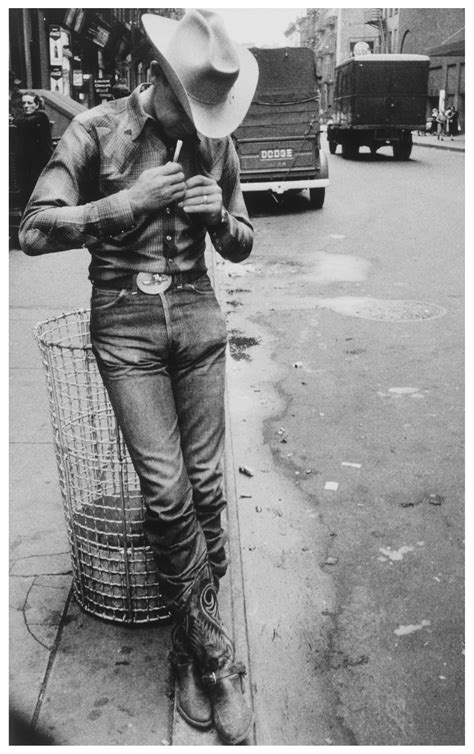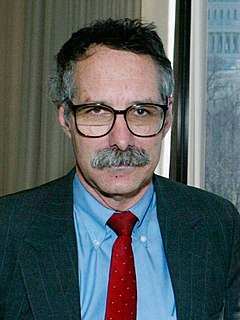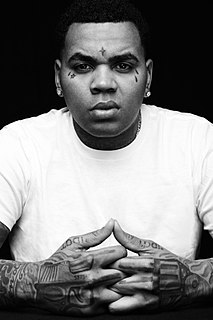A Quote by Bob Frank
Ever since the Great Depression, economists have known that demand shortages tend to persist in the wake of severe financial crises like the ones that happened in 1929 and 2008.
Related Quotes
In the immediate postwar era, financial crises in advanced countries were rare events, and before 1970 did not happen at all. Since then they have occurred more often, and 2008 was the most damaging of them all to date. If we have moved back to a regime of regular financial crises - like the one we had from the 1870s to the 1930s - then our economic future will be very different from our recent past.
The stock market crashed in October 1929. But that was not the cause of what caused the Great Depression. It was, in my opinion, a very minor element of it. What happened was that from 1929 to 1933 you had a major contraction which, in my opinion, was caused primarily by the failure of the Federal Reserve System, to follow the course of action for which it was set up. It was set up to prevent exactly what happened from 1929 to 1933. But instead of preventing it, they facilitated it.
One intriguing subplot of the economic crisis is the failure of most economists to predict it. Here we have the most spectacular economic and financial crisis in decades - possibly since the Great Depression - and the one group that spends most of its waking hours analyzing the economy basically missed it.
It is no exaggeration to say that rising inequality has driven many of the 99 percent into a financial ditch. It also helped spawn the housing bubble that gave us the financial crisis of 2008, the lingering effects of which have forced many OWS protesters to try to launch their careers in by far the most inhospitable labor market we've seen since the Great Depression. Even those recent graduates who manage to find jobs will suffer a lifelong penalty in reduced wages.
The Fed was largely responsible for converting what might have been a garden-variety recession, although perhaps a fairly severe one, into a major catastrophe. Instead of using its powers to offset the depression, it presided over a decline in the quantity of money by one-third from 1929 to 1933 ... Far from the depression being a failure of the free-enterprise system, it was a tragic failure of government.
How does one stay mindful? Where feelings are known as they arise, known as they persist, known as they pass away. Thoughts are known as they arise, known as they persist, known as they pass away. Perceptions are known they arise, known as they persist, known as they pass away. This is how a monk stays awake.






























